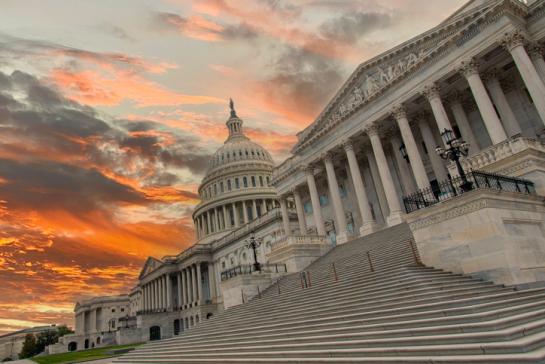Congress Approves Debt Ceiling Deal with Potential Implications for Education Funding

Last night Congress approved the Fiscal Responsibility Act of 2023, a bill that would raise the limit on the nation’s borrowing until 2025 to avoid defaulting on the nation’s loans. President Joe Biden sought a “clean” debt ceiling bill without any additional policies attached. However, House Speaker Kevin McCarthy (R-CA), whose Republican Majority in the House was needed to pass the bill, used the debt limit as leverage to negotiate a number of cost-saving measures into the bill.
To raise revenue, certain unobligated funds from the major COVID-19 stimulus bills will be returned to the US Treasury. All K-12 education and Individuals With Disabilities Education Act funds have already been obligated, so they will not be returned. To reign in future spending, overall non-defense funding for Fiscal Year (FY) 2024 will be essentially level-funded and receive one percent increase for FY 2025.
This essential freeze on spending could have harsh implications for education programs as states and districts grapple with inflation, educator shortages, mental health challenges and the residual effects of the pandemic. Appropriators, who now have an idea of their top-line spending limits, will double down on the work of prioritizing discretionary spending for FY 2024 over the next few weeks.
Action Alert! Congress is in the midst of prioritizing federal investments, including in education. Please join our campaign to urge lawmakers to invest in the programs that impact CEC Members and infants, toddlers, children, and youth with disabilities and/or gifts and talents. Please share this campaign widely- your voices matter!
Go here to join our campaign.